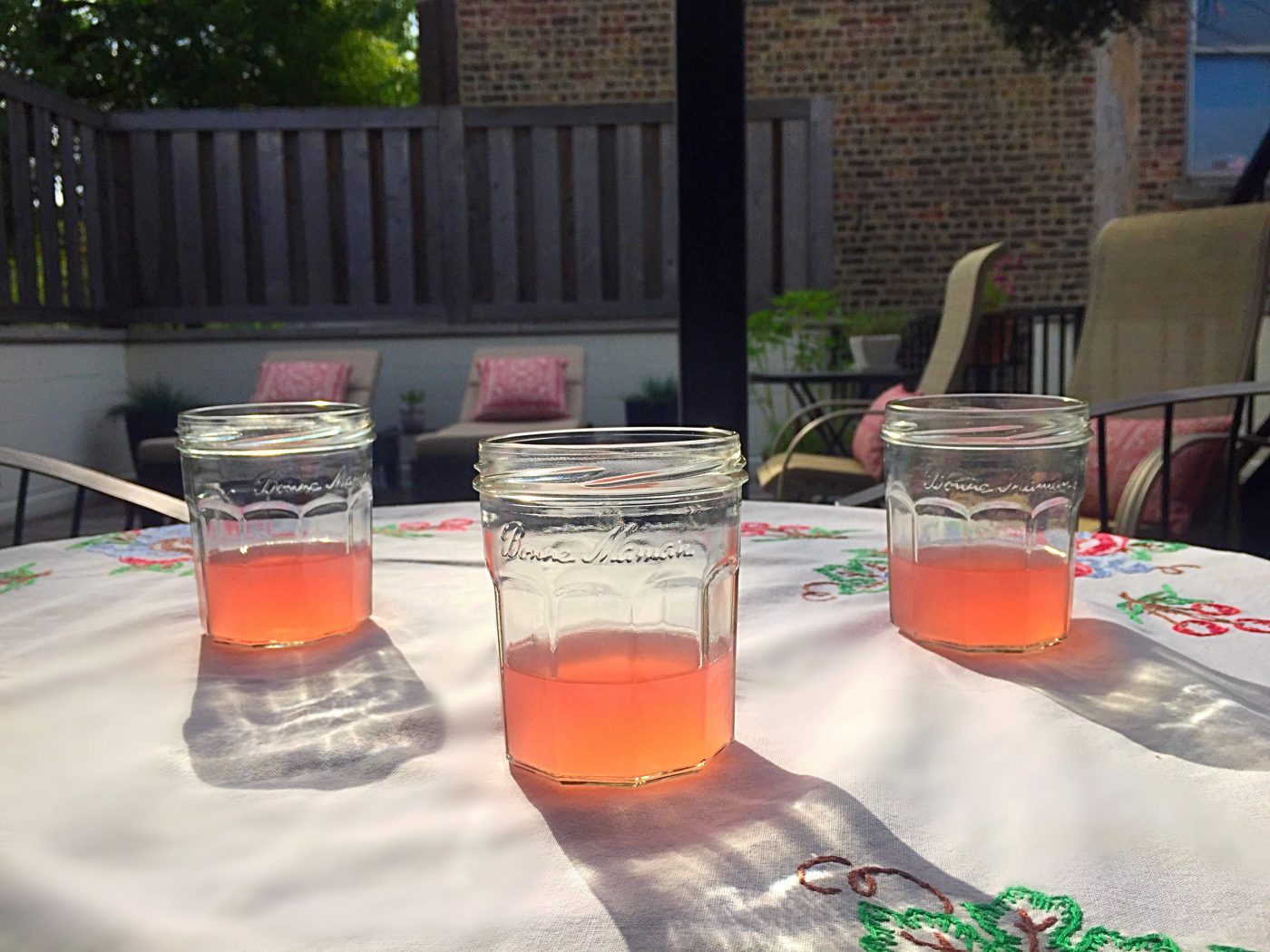My oldest child is estranged from us. We also don’t see our grandson.
Even as I think these words, they choke in my throat. This was not how I envisioned a relationship with my adult daughter.
We’re not completely sure where she is living. We have no reliable way to contact her.
Even the word – estranged – is foreign to me. After investing my life into mothering, this child has chosen to turn away from the family.
This is not easy to admit. After all, I’m the one who has written books about parenting.
And I am humbled. Laid low in the dust.
As I’ve read about this phenomenon and talked to other parents, I am not alone. Many adult children choose this response.
Why?
Parenting expert Debbie Pincus offers these soothing words: “Cutting off is a way people manage anxiety when they don’t know a better way. The love and caring is there; the ability to solve differences is not. You did not cause your child to turn away. That was her decision.”
There was great anxiety in our relationship. Lots of mis-steps, illness, regretted decisions. It seems the more we prompted her to improve her life, the more the prompting became nagging to her, perhaps perceived as trying to control her life. Either she didn’t know how to respond in a healthy way, or she just chose not to. We tolerated too much and often expected too little.
She made lots of mistakes. We made lots of mistakes in dealing with them.
She came home and left home many times.
And so today, I miss her terribly. She was a light in my life. It feels like part of my heart is missing. I pray for her constantly.
In her mind, the distance has lessened the conflict. Now she doesn’t have to deal with us. In reality, it has caused far more damage for everyone.
The best thing I can do as a parent is to own what I own – recognize the mistakes I have made – and try to seek my own healing from the wound. I remind myself – it was her choice to leave.
Pincus speaks to that choice, “Whatever the issue, the person doing the cutting off has difficulty addressing and resolving the problem directly and maturely. Instead … they stop communicating. Continuing the relationship seems unmanageable to them.”
Until then, I pray. I reach out to her as I can even when I am rudely rebuffed. And I try to move on with my life – moving with a limp that constantly reminds me of how much I miss her and what a hole she has left in my life.
And I wait with hope until the Lord redeems this pain for His glory.
My oldest child is estranged from us. We also don’t see our grandson.
Even as I think these words, they choke in my throat. This was not how I envisioned a relationship with my adult daughter.
We’re not completely sure where she is living. We have no reliable way to contact her.
Even the word – estranged – is foreign to me. After investing my life into mothering, this child has chosen to turn away from the family.
This is not easy to admit. After all, I’m the one who has written books about parenting.
And I am humbled. Laid low in the dust.
As I’ve read about this phenomenon and talked to other parents, I am not alone. Many adult children choose this response.
Why?
Parenting expert Debbie Pincus offers these soothing words: “Cutting off is a way people manage anxiety when they don’t know a better way. The love and caring is there; the ability to solve differences is not. You did not cause your child to turn away. That was her decision.”
There was great anxiety in our relationship. Lots of mis-steps, illness, regretted decisions. It seems the more we prompted her to improve her life, the more the prompting became nagging to her, perhaps perceived as trying to control her life. Either she didn’t know how to respond in a healthy way, or she just chose not to. We tolerated too much and often expected too little.
She made lots of mistakes. We made lots of mistakes in dealing with them.
She came home and left home many times.
And so today, I miss her terribly. She was a light in my life. It feels like part of my heart is missing. I pray for her constantly.
In her mind, the distance has lessened the conflict. Now she doesn’t have to deal with us. In reality, it has caused far more damage for everyone.
The best thing I can do as a parent is to own what I own – recognize the mistakes I have made – and try to seek my own healing from the wound. I remind myself – it was her choice to leave.
Pincus speaks to that choice, “Whatever the issue, the person doing the cutting off has difficulty addressing and resolving the problem directly and maturely. Instead … they stop communicating. Continuing the relationship seems unmanageable to them.”
Until then, I pray. I reach out to her as I can even when I am rudely rebuffed. And I try to move on with my life – moving with a limp that constantly reminds me of how much I miss her and what a hole she has left in my life.
And I wait with hope until the Lord redeems this pain for His glory.


